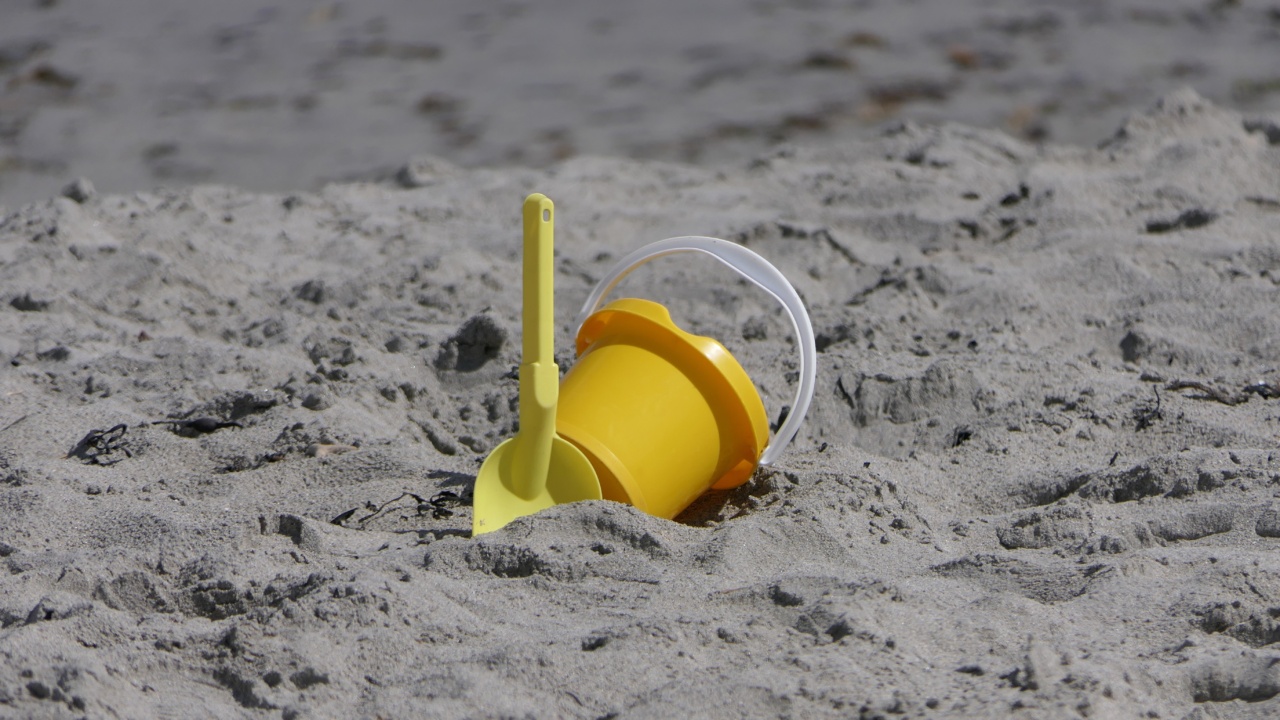As winter approaches, so does the season of flu and colds. Viral infections are a common occurrence during this time of the year, and it’s essential to take proactive measures to protect yourself and your loved ones from falling victim to them.
In this article, we will discuss various strategies and tips to strengthen your immune system and ward off viral infections and the flu.
1. Strengthen your immune system with a healthy diet
A well-balanced diet plays a crucial role in supporting your immune system. Incorporate plenty of fruits and vegetables that are rich in vitamins and minerals into your daily meals.
Foods like berries, citrus fruits, spinach, and broccoli are excellent choices as they are packed with antioxidants.
2. Get enough sleep
Sleep is a natural immune booster. Aim for 7-8 hours of good quality sleep each night to allow your body to regenerate and recharge. Lack of sleep weakens the immune system, leaving you more vulnerable to viral infections and the flu.
3. Stay hydrated
Drinking an adequate amount of water is essential for maintaining the optimal functioning of your body, including your immune system.
Keep yourself hydrated throughout the day, and consider including herbal teas or warm water with lemon to provide an extra boost to your immune system.
4. Exercise regularly
Engaging in physical activity helps strengthen your immune system and protect against viral infections. Regular exercise increases blood flow, reduces stress hormones, and improves the circulation of immune cells in your body.
Aim for at least 30 minutes of moderate-intensity exercise most days of the week.
5. Practice good hygiene
Proper hygiene practices are essential in preventing the spread of viral infections. Wash your hands frequently with soap and water for at least 20 seconds, especially after using the bathroom, before eating, and after being in public places.
Avoid touching your face with unwashed hands and cover your mouth and nose with a tissue or your elbow when sneezing or coughing.
6. Consider supplements
Supplements can play a supporting role in strengthening your immune system. Vitamin C, vitamin D, zinc, and probiotics are known to boost immunity. Consult with your healthcare provider to determine which supplements may be beneficial for you.
7. Reduce stress levels
Chronic stress weakens the immune system, making you more susceptible to viral infections. Find healthy ways to manage stress, such as practicing mindfulness, deep breathing exercises, yoga, or engaging in activities you enjoy.
8. Avoid close contact with sick individuals
If someone around you is sick with a viral infection or the flu, try to avoid close contact to minimize the risk of getting infected.
Viruses can spread through respiratory droplets, so maintaining a safe distance and practicing good hygiene is crucial.
9. Stay up to date with vaccinations
Getting vaccinated against the flu is one of the most effective ways to prevent seasonal influenza. The flu vaccine reduces the risk of getting the flu and its potential complications.
Stay informed about the recommended vaccinations and consult with your healthcare provider.
10. Listen to your body
It’s essential to listen to your body and take care of yourself. If you start feeling unwell or notice any flu-like symptoms, such as fever, cough, sore throat, or body aches, seek medical attention promptly.
Early detection and treatment can help prevent the spread of viral infections.
Conclusion
By following these strategies and tips, you can strengthen your immune system and reduce the risk of viral infections and the flu. Remember to prioritize your health and take proactive measures to protect yourself and others around you.































